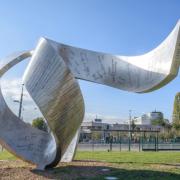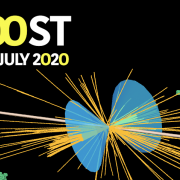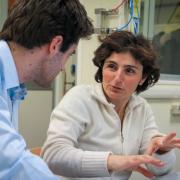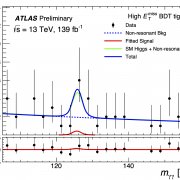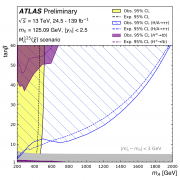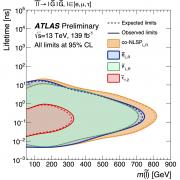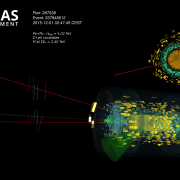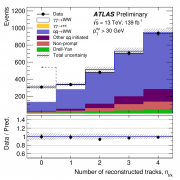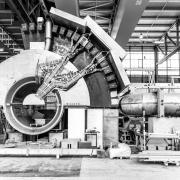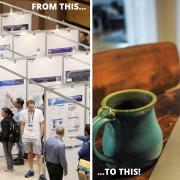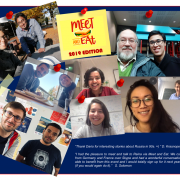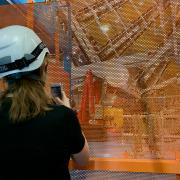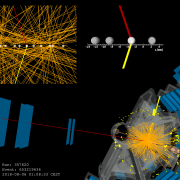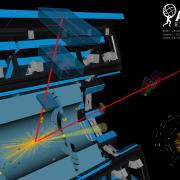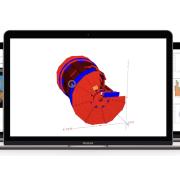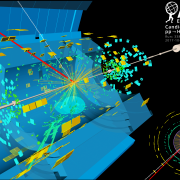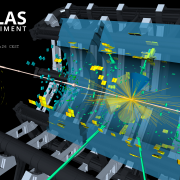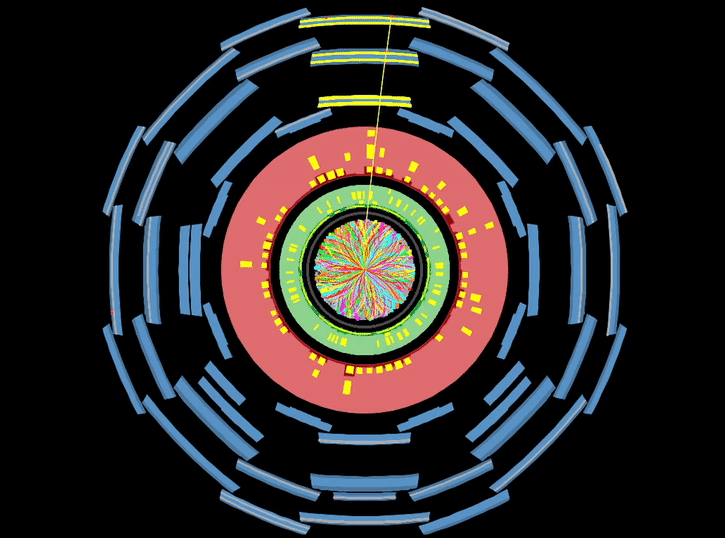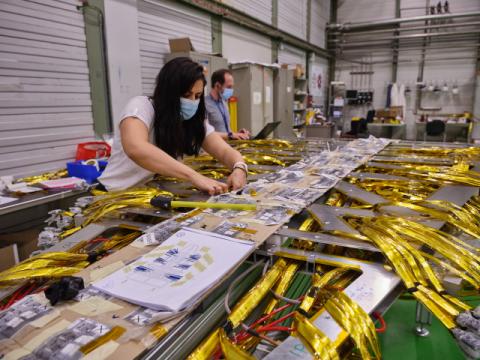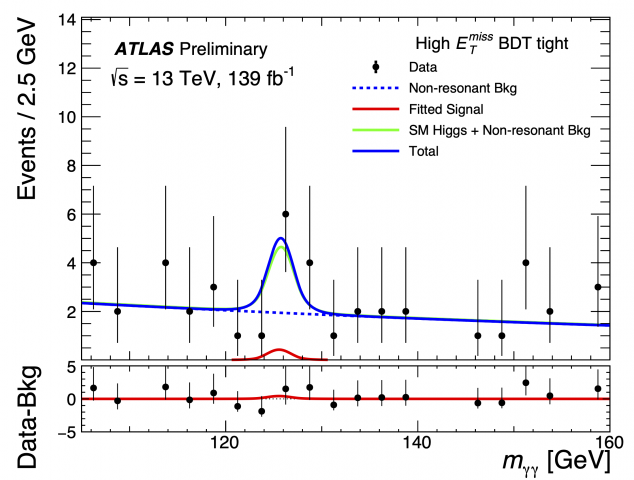Access to Collaboration Site and Physics Results
Updates tagged: “dark matter”
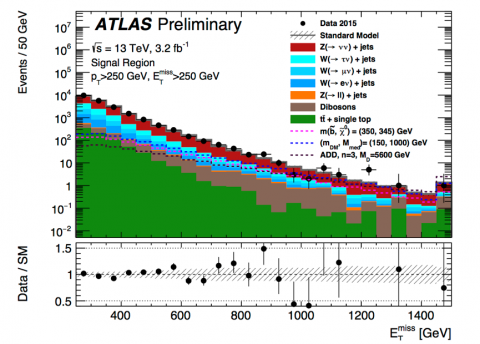
The search for the dark side of the Universe
ATLAS scientists have just released a new publication with results based on an analysis of the early Run 2 data collected in 2015 using 13 TeV proton-proton collisions.

Devouring dark matter theories
Most of the matter in the universe is made not of stuff we understand, but of invisible “dark matter” particles. We have yet to observe these mysterious particles on Earth, presumably because they interact so weakly with normal matter. The high energy collisions in the Large Hadron Collider provide our best current hope of making dark matter particles, and thus giving us a better understanding what most of the universe is made of.
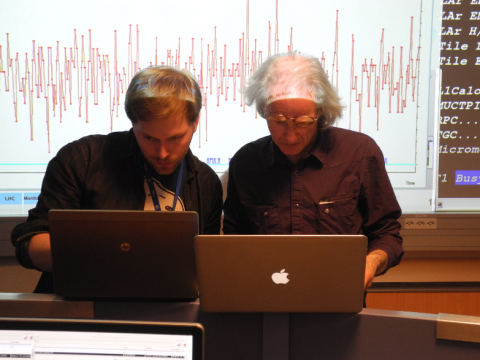
From ATLAS Around the World: Triggers (and dark) matter
To the best of our knowledge, it took the Universe about 13.798 billion years to allow funny looking condensates of mostly oxygen, carbon and hydrogen to ponder on their own existence. Some particularly curious specimens became scientists, founded CERN, dug several rings into the ground near Geneva, Switzerland, built the Large Hadron Collider, and also installed a handful of large detectors along the way.
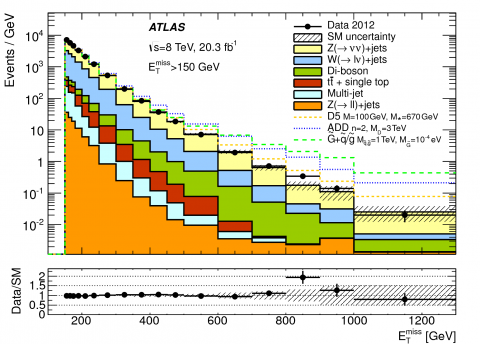
Looking at the Dark side of Matter
The search continues for dark matter, a new kind of matter that doesn’t emit or absorb light. It is assumed to account for the missing amount of mass in our Universe. The total mass in our Universe can be inferred from the observation of gravitational effects of stars in galaxies, and galaxies in clusters of galaxies. However the amount of mass calculated from the observed distribution of light is much less. It is proposed that dark matter makes up the discrepancy as it does not emit light.
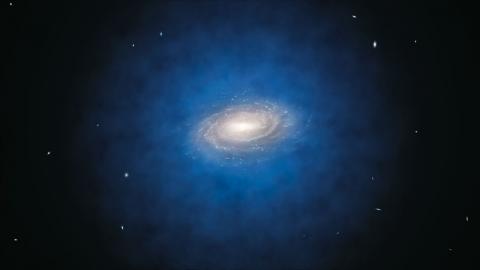
Dark Matters
The winter conference season is well under way, and what better way to fill my first blog post than with a report from one of the premier conferences in particle and astroparticle physics: the Rencontres de Moriond.

Moriond day 1: The outer limits
Not many trips take you to all ends of the world in one day, but that was nevertheless how it felt after the first talks at Moriond. Sunday and Monday have mainly featured presentations on neutrino and dark matter physics. Many of these experiments are placed in remote regions or deep under ground.


